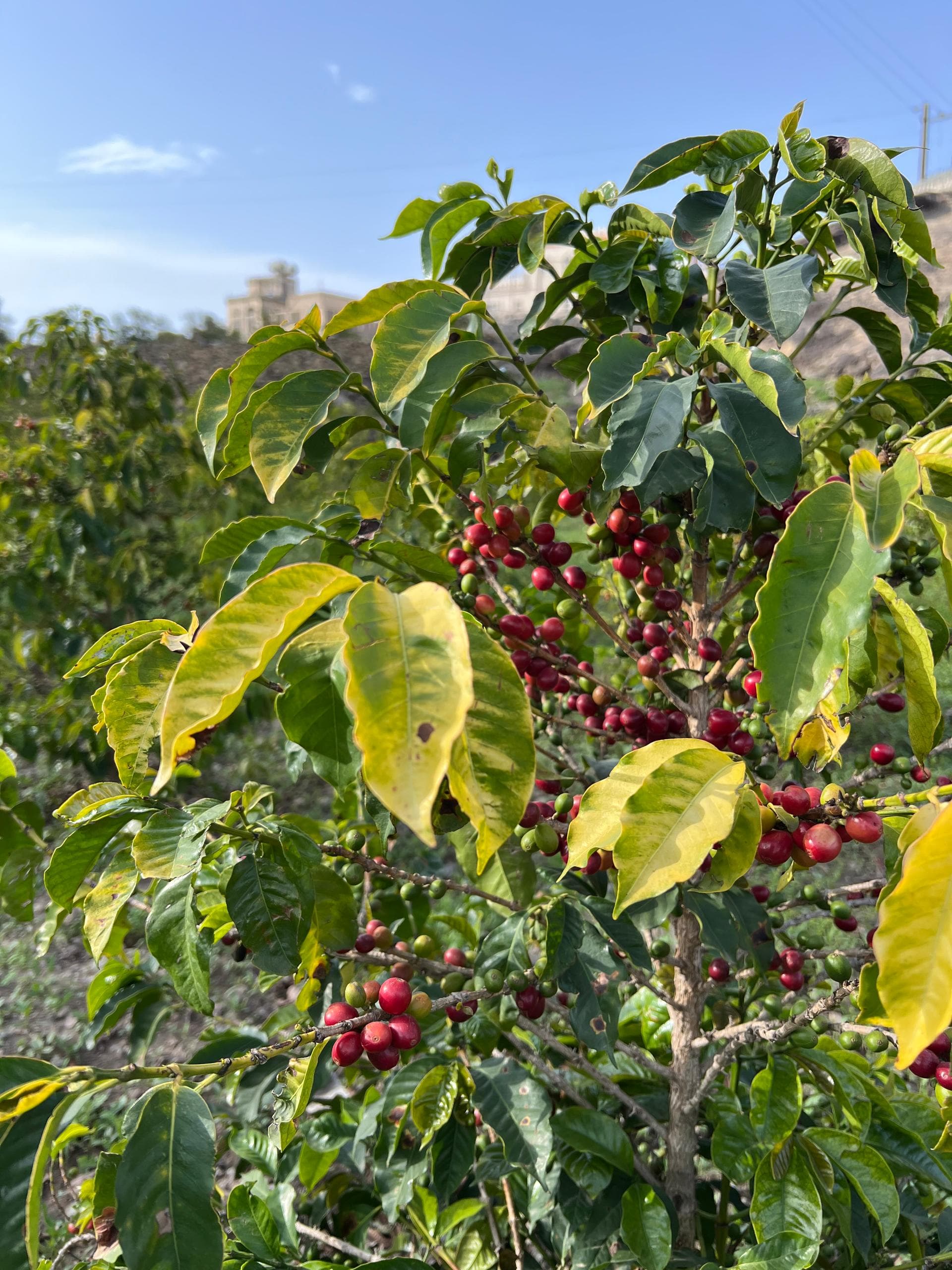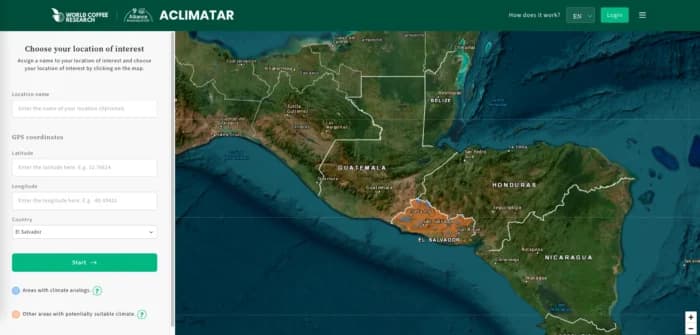At QahwaWorld, we take pride in engaging with our readers, and when thought-provoking questions come our way, we seek answers from experts to provide the most valuable insights. Recently, one of our most dedicated readers raised important concerns about the future of coffee production in response to a news story we published.
The questions touched on the potential risks to coffee production sources, the possibility of a return to regional monopolies in coffee, and the global impact of climate change on the coffee industry. We turned to industry experts, economists, and researchers to explore these topics in depth, and the results are eye-opening.
Coffee Production at Risk
Experts confirm that the future of coffee production is under significant threat due to climate change. According to research from the International Center for Tropical Agriculture (CIAT), up to 50% of the current coffee-growing regions may become unsuitable by 2050, especially for Arabica coffee, which accounts for 60-70% of global production. The effects of rising temperatures, unpredictable rainfall, and increased pests have already been felt in major coffee-producing countries such as Brazil, Ethiopia, and Central America.
The International Coffee Organization (ICO) estimates that coffee production in 2023 reached around 170 million 60-kg bags. However, with continued climate disruptions, these numbers are at risk of significant reduction in the coming decades.
Could We See a Return to a Regional Coffee Monopoly?
Historically, Yemen held a near-monopoly on coffee production between the 15th and 17th centuries. While the idea of such a monopoly returning may seem far-fetched today, experts suggest that regional dominance could still occur—especially in the specialty coffee sector. Yemen is seeing a resurgence in its coffee industry, with the unique flavors of its heirloom varieties making waves in international markets.
However, given the current global landscape—where Brazil alone produces 37% of the world’s coffee, and countries like Vietnam and Colombia are also major players—experts agree that a full return to a coffee monopoly like Yemen’s historical dominance is highly unlikely. Coffee production has become too diversified, with multiple regions now playing key roles in the global supply chain.
Climate Change: The Biggest Threat to Coffee’s Future
Perhaps the most concerning issue raised by our reader is the impact of climate change on coffee production. Studies indicate that rising temperatures could reduce the number of suitable coffee-growing areas by as much as 88% by 2050. The effects are already being felt: In Colombia, coffee farmers are moving to higher altitudes to avoid the increasing heat, while Central America has seen devastating losses due to coffee leaf rust.
The economic and social implications of these changes are massive. Coffee farming supports the livelihoods of over 125 million people worldwide, many of whom are smallholder farmers in developing nations. As climate change threatens production, these communities face increased poverty and instability. In 2021, the effects of a severe drought in Brazil caused Arabica coffee prices to surge by nearly 60%, illustrating the volatility that climate disruptions can bring to the market.
The Path Forward
Experts emphasize the need for urgent action to mitigate the risks facing coffee production. From developing climate-resilient coffee varieties to adopting new farming practices, the coffee industry must adapt to a rapidly changing world. With billions of dollars and millions of livelihoods at stake, international collaboration is essential to ensure the sustainability of coffee production for future generations.
At QahwaWorld, we are committed to providing our readers with the most accurate, data-driven insights into the coffee industry. We thank our reader for raising these critical questions, and we will continue to bring expert perspectives to the forefront of coffee-related news.

